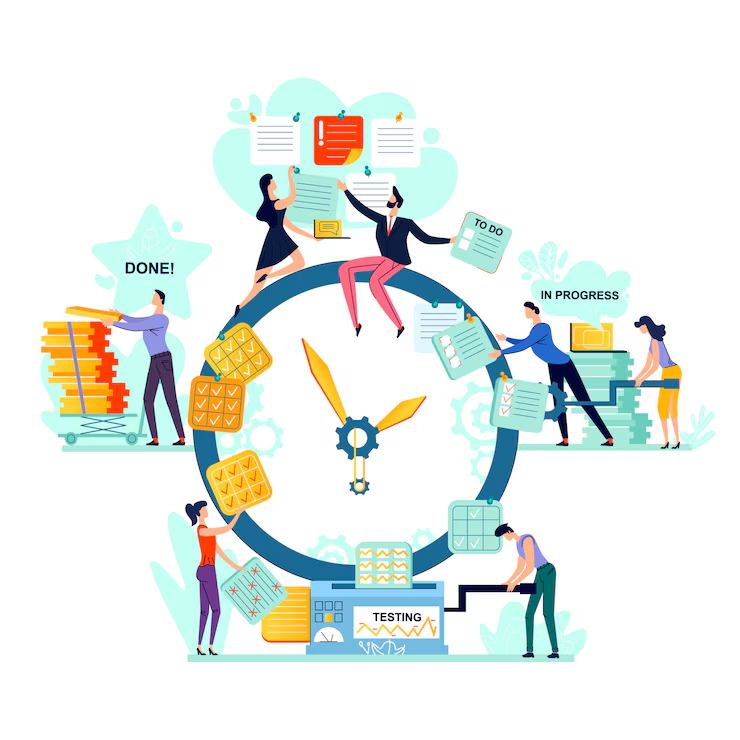Why is Time Management Important: Complete Guide to Maximizing Productivity
I hope you enjoy this blog post as we explore the topic of "Why is time management important?" Let's set out to discover the mysteries around the efficient use of time, our most valuable resource.

Consider time as a precious resource, of which we have a finite quantity every day. Our lives, both emotionally and professionally, can be profoundly impacted by the decisions we make about how to use this money. This is where the idea of time management is useful.
There's more to time management than just marking things on a calendar or scheduling tasks. It's about choosing wisely how to use our time so that we can accomplish our objectives and have satisfying lives. How we manage our time affects our performance and pleasure, whether it's for finishing homework, engaging in hobbies, seeing loved ones, or just unwinding.
Learning the skill of time management is more important than ever in the fast-paced world of today, when demands for our attention compete with distractions. We may take back control of our time and realize our full potential by learning to say no to unnecessary activities, prioritizing our responsibilities, and creating realistic goals.
Come along with me as we discuss the value of time management and learn useful techniques for maximizing each and every fleeting moment. Together, let's go on this adventure and discover the transformative potential of efficient time management.
"Time management is life management."
Robin Sharma





